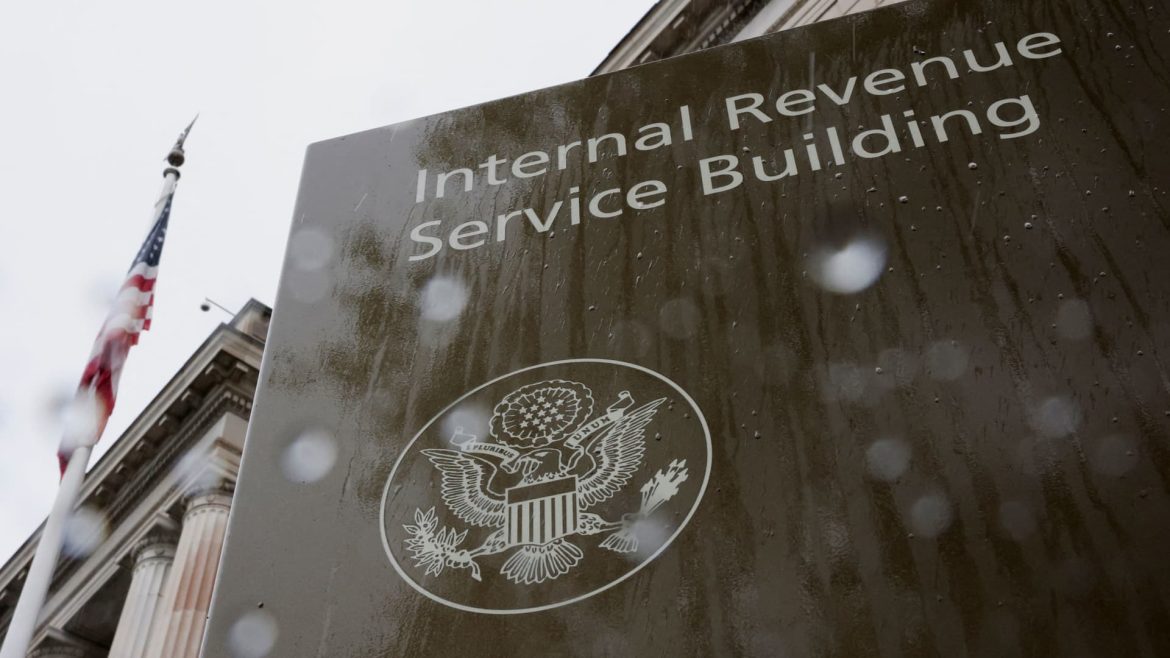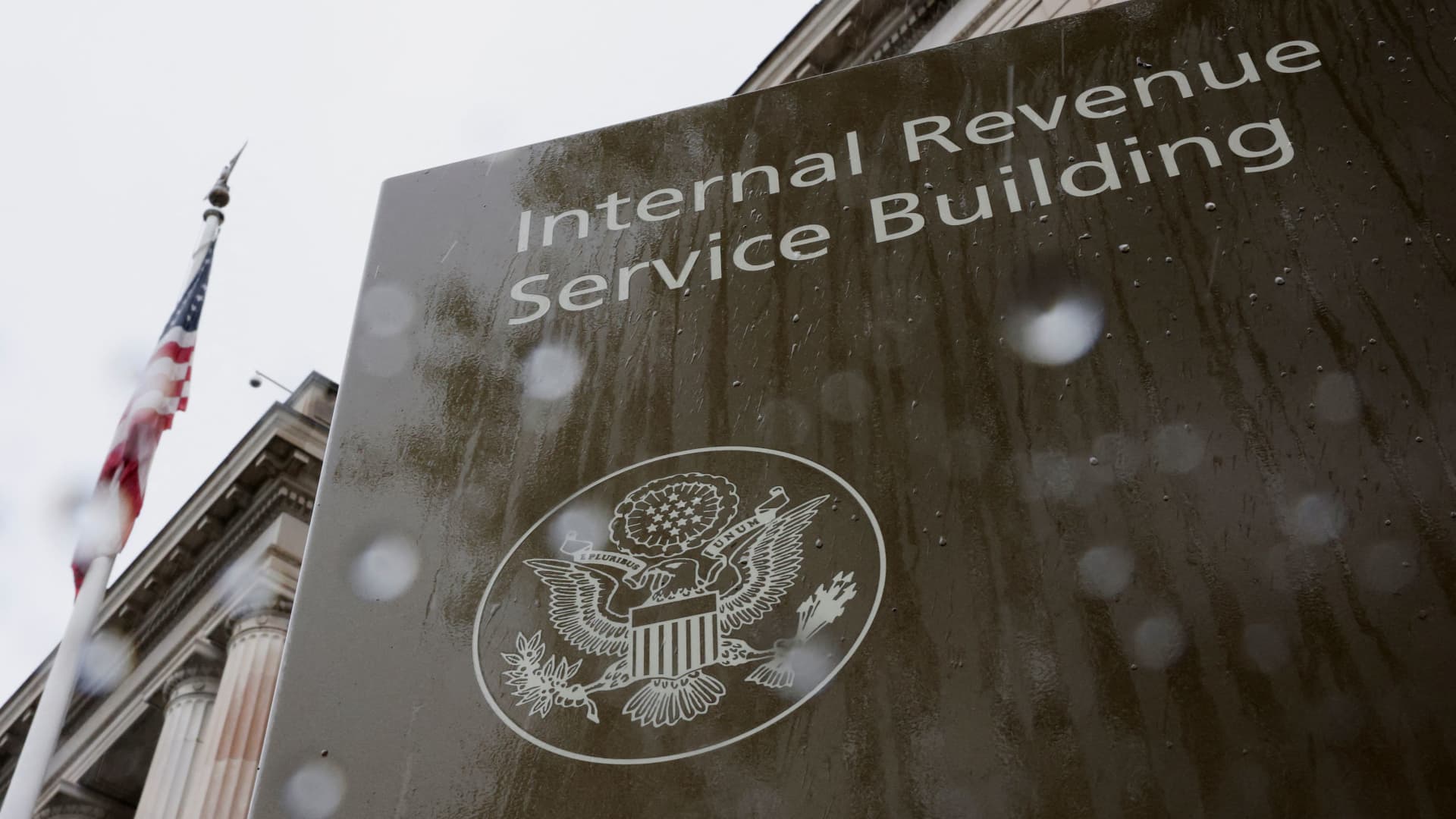The IRS’s Shifting Stance on Churches and Political Endorsements: A New Era?
For decades, a clear line separated the spiritual realm of churches from the often-turbulent world of politics, reinforced by the Johnson Amendment. Now, that line seems to be blurring, thanks to a recent IRS announcement. The Internal Revenue Service has signaled a significant shift, suggesting that churches and other houses of worship can endorse political candidates without jeopardizing their tax-exempt status. This decision, seemingly triggered by a court filing related to a lawsuit involving Texas churches, effectively carves out an exception to the long-standing Johnson Amendment.
The Johnson Amendment, enacted in 1954, is a provision in the U.S. tax code that prohibits 501(c)(3) organizations, including churches and other non-profits, from endorsing or opposing political candidates. Named after then-Senator Lyndon B. Johnson, the amendment aimed to prevent these organizations from becoming overtly involved in political campaigns. The rationale was simple: in exchange for tax-exempt status, these entities should remain non-partisan. This kept the focus on their charitable, religious, or educational missions.
For years, the IRS interpreted and enforced the Johnson Amendment, creating a landscape where churches carefully navigated the line between addressing social issues and explicitly supporting or opposing political figures. While churches could (and did) speak out on moral and social issues with political implications, directly endorsing a candidate was a clear violation, potentially leading to the loss of tax-exempt status.
The recent IRS announcement marks a significant departure from this long-held interpretation. While the full scope and implications are still unfolding, the core message is clear: the IRS seems to be signaling a willingness to allow pastors and other religious leaders to endorse political candidates from the pulpit without automatically triggering penalties or the revocation of tax-exempt status.
This shift appears to be rooted in a combination of factors, including ongoing legal challenges to the Johnson Amendment, evolving interpretations of religious freedom and free speech, and perhaps a changing political climate. The court filing that precipitated this announcement suggests a desire to settle a lawsuit brought by churches arguing that the Johnson Amendment infringes upon their religious freedom.
The debate surrounding the Johnson Amendment and its enforcement often boils down to a fundamental tension between two core principles: freedom of speech and the separation of church and state. Supporters of the IRS’s new stance argue that the Johnson Amendment infringes upon the free speech rights of religious leaders and institutions. They believe that pastors should have the right to express their political views from the pulpit, just like any other citizen.
Conversely, those who oppose this shift argue that it erodes the separation of church and state. They contend that allowing churches to engage in overt political endorsements could lead to undue influence of religious institutions in the political process, potentially favoring certain candidates or parties and marginalizing others. They also emphasize that tax-exempt status is a privilege, not a right, and that it comes with the responsibility of remaining non-partisan.
One of the most immediate concerns is the potential for increased politicization of churches. If pastors and religious leaders feel empowered to endorse candidates without fear of reprisal, some worry that religious institutions could become more overtly partisan. This could alienate members with differing political views, fracture congregations, and ultimately damage the credibility and moral authority of the church.
Another critical consideration is the potential impact on campaign finance. Churches, as tax-exempt organizations, are prohibited from directly contributing to political campaigns. However, if they are allowed to endorse candidates, there is a risk that they could indirectly support campaigns through other means, such as promoting candidates to their congregations or using church resources to mobilize voters. This raises concerns about transparency and fairness in campaign finance.
Even with this shift in stance, questions remain about how the IRS will enforce the rules governing political activity by churches. Will the IRS adopt a more lenient approach, focusing only on egregious violations? Or will it continue to monitor church activities and investigate potential violations, albeit with a different set of criteria? The answers to these questions will significantly shape the practical impact of the IRS’s announcement.
For churches and religious organizations, the key will be clarity and consistency from the IRS. Religious leaders need clear guidelines on what constitutes permissible and impermissible political activity. Ambiguity could lead to confusion, self-censorship, or even unintentional violations of the rules. The IRS must provide clear and consistent guidance to ensure that churches can navigate this new landscape with confidence.
The IRS’s decision to seemingly relax the enforcement of the Johnson Amendment marks a potentially transformative moment in the relationship between religion and politics in the United States. While proponents celebrate it as a victory for free speech and religious liberty, others express concern about the potential for increased politicization of churches and the erosion of the separation of church and state. Only time will tell how this shift will ultimately play out, but one thing is certain: the debate over the role of religion in politics will continue to be a central and often contentious issue in American society.





